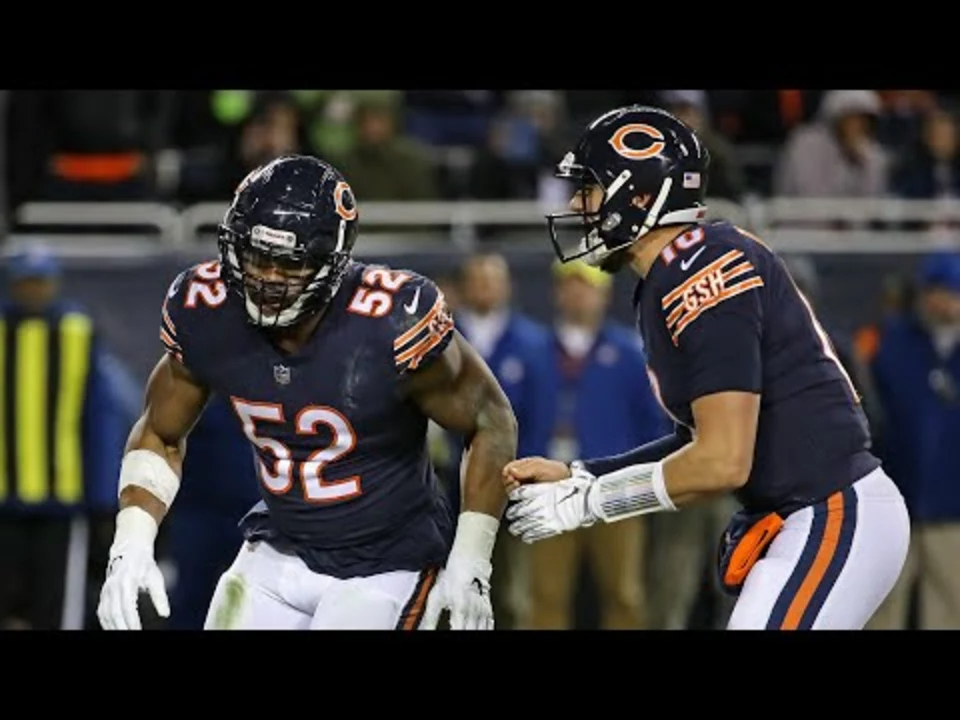Understanding NFL Contracts
As a blogger who is passionate about the NFL, I find it intriguing to explore the financial side of the sport. In this article, we will be discussing a topic that often comes up when a player is cut from a team: do NFL teams have to pay out the contracts of players they cut? To understand this, we first need to gain a clear understanding of how NFL contracts work.
NFL contracts are quite complex, with several clauses and conditions that can impact a player's salary. The contracts can be long-term, spanning over several years, or short-term, lasting just a single season. There are also various types of contracts, such as signing bonuses, base salaries, and performance-based incentives. With all these factors at play, it's essential to understand the intricacies of NFL contracts before diving into the question of whether teams have to pay out the contracts of players they cut.
Guaranteed vs. Non-Guaranteed Money
To answer the question of whether NFL teams have to pay out the contracts of players they cut, it is crucial to understand the difference between guaranteed and non-guaranteed money. Guaranteed money is a portion of a player's contract that the team must pay regardless of whether the player is released. This can include signing bonuses, roster bonuses, and some or all of a player's base salary, depending on the contract's language.
Non-guaranteed money, on the other hand, is not guaranteed to be paid to the player in the event they are cut from the team. This can include performance-based incentives and portions of the base salary that are not guaranteed. It is important to note that non-guaranteed money is not automatically paid to a player if they are cut; it depends on the specific terms of the contract and the circumstances surrounding the release.
Dead Money and Salary Cap Implications
When a player is cut from a team, it is not just the player's contract that is affected; the team's salary cap is also impacted. The term "dead money" refers to the guaranteed money still owed to a player who has been released, which still counts against the team's salary cap. The more dead money a team has, the less they can spend on signing new players and retaining current players.
The salary cap is a crucial aspect of the NFL's financial landscape, as it is designed to maintain competitive balance among the teams. When a team cuts a player, they must carefully consider the salary cap implications and how it will affect their ability to build a competitive roster in both the short and long term.
Saving Money by Cutting Players
One reason a team might consider cutting a player is to save money on their salary cap. If a player's contract consists mostly of non-guaranteed money, releasing the player can free up valuable cap space, allowing the team to sign new players or retain current players.
However, if a player's contract includes a significant amount of guaranteed money, cutting them might not save the team much money. In some cases, the team might even lose money by releasing a player, as the dead money will still count against their salary cap.
Post-June 1st Designation
An important aspect of NFL contracts and cutting players is the "post-June 1st designation." If a team releases a player with this designation, they can spread out the dead money over two years instead of having it all count against the salary cap in one year. This can provide teams with more financial flexibility and help them better manage their salary cap.
However, there are limitations to using the post-June 1st designation. Each team can only use this designation on two players per year, and the player must be released after June 1st. Additionally, the player's salary for the upcoming season will still count against the team's salary cap until June 1st, meaning the team won't gain any immediate cap relief.
Injury Settlements
Another factor that comes into play when a player is cut is the possibility of an injury settlement. If a player is injured at the time they are released, the team may be required to pay the player an injury settlement, which is a negotiated sum that represents the amount the player would have earned if they remained on the team while recovering from their injury.
Injury settlements can vary greatly in size, depending on factors such as the player's salary, the severity of the injury, and the estimated recovery time. In some cases, an injury settlement can be quite costly for a team and further impact their salary cap situation.
Final Thoughts
In conclusion, whether or not NFL teams have to pay out the contracts of players they cut depends on several factors, such as the amount of guaranteed money in the contract, the salary cap implications, and any potential injury settlements. Each situation is unique, and teams must carefully weigh the financial consequences of cutting a player before making a decision. As fans, understanding this complex aspect of the sport can provide us with a greater appreciation for the decisions made by our favorite teams and the challenges they face in building a competitive roster.
